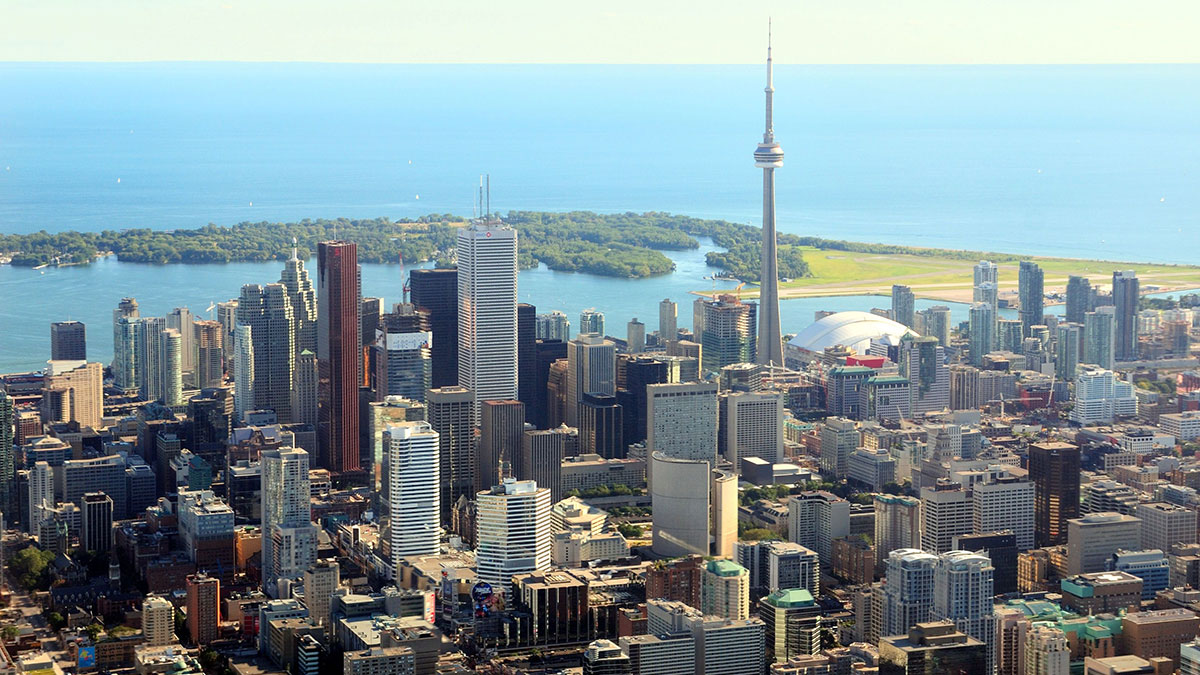 Supplied - Taxiarchos
Supplied - TaxiarchosHow should middle class Canada think about capitalism? Should we let it be? Alter it? Overthrow it?
As an English major, I couldn’t avoid reading Karl Marx. In industrializing Britain, children worked as mule scavengers, gathering cotton from underneath spinning mules at risk of having their fingers and skulls crushed. The richest 10 per cent in 19th century Britain owned 80-90 per cent of total wealth. In these conditions, abolishing private property and redistributing wealth among a classless society wouldn’t seem like such a bad idea.
I’m no longer drunk on Marx, but I still have a slight hangover. Questions persist. Is capitalism for Canada’s middle class inherently exploitative?
Allen Wood, Philosophy professor at Indiana University Bloomington, writes that to exploit someone is “to make use of him, her, or it for your own ends by playing on some weakness or vulnerability in the object of your exploitation.” Marx thought, according to Wood, “that in the real world surplus labour is extracted from workers through the fact that their propertylessness puts them in a position of vulnerability.” Workers own more property now, but according to this definition, capitalism is clearly exploitative.
But does it matter now? The 40+ hour work week exacerbates feelings of exploitation and alienation. But why work for 40+ hours a week? The most important aspect of capitalism, as Milton Friedman, Ayn Rand and Frank Zappa all say, is choice. Middle class people choose to work as often or as little as they do to pay for their chosen lifestyle. One either feels that their own exploitation is worth the trade-off for a respectable living standard, or they disregard exploitation by either working a job they like or one that offers sufficient free time. And it is entirely possible to work part-time and live comfortably.
It may be so that Canada’s middle class can justify or ignore feelings of exploitation, but does capitalism offer freedom? It could be that we are imprisoned within capitalist logic and don’t even know it. Philosopher Gilles Deleuze writes “just as the corporation replaces the factory, perpetual training tends to replace the school, and continuous control to replace the examination. Which is the surest way of delivering the school over to the corporation.” But we need free time in order to read and think about the state of our own freedom. Capitalism offers free time. I’m inclined to think that sitting on a patio on Whyte would be a better environment in which to contemplate these ideas than at work in a stifling office.
Of course, I’m excluding those who have limited choice, such as much of the working poor, workers in developing countries and recent low-income immigrants. And since people choose to do so, unregulated capitalism also allows for abuse by multi-national corporations, rampant inequality and limited access to health and education. These are persuasive points to at least do something about our capitalism because simply ignoring these issues is somewhat nauseating.
But this is why Marx was so remarkable: he proposed a solution. Not a very good one for reasons not limited to the fact that he limited choice (“Equal obligation of all to work”), but it doesn’t seem to be the concern of current widely-read critical theory to propose replacements for capitalism as much as to criticize it.
In a Big Think video, popular philosopher Slavoj Zizek says “in the twentieth century, maybe we tried to change the world too quickly.” Maybe before acting, we must, like Zizek and Deleuze, examine the depth and scope of capitalist power in order to fully understand it before attempting to dismantle it. Until this happens, we should let capitalism be, or at least alter it slightly to avoid extreme poverty or corporate abuse. In the meantime, I’ll be sipping Starbucks, getting rid of my hangover.





An interesting point of view but as is the case with most the clarity of the situation remains foggy. The world is as it has been for as long as recorded history tells us. The nature of humans hasn’t changed. There are those that have, those that want to have and those that have not. However you dress it up, look at it over history or analyze it now, it is and has been the same. A bit more complex perhaps.